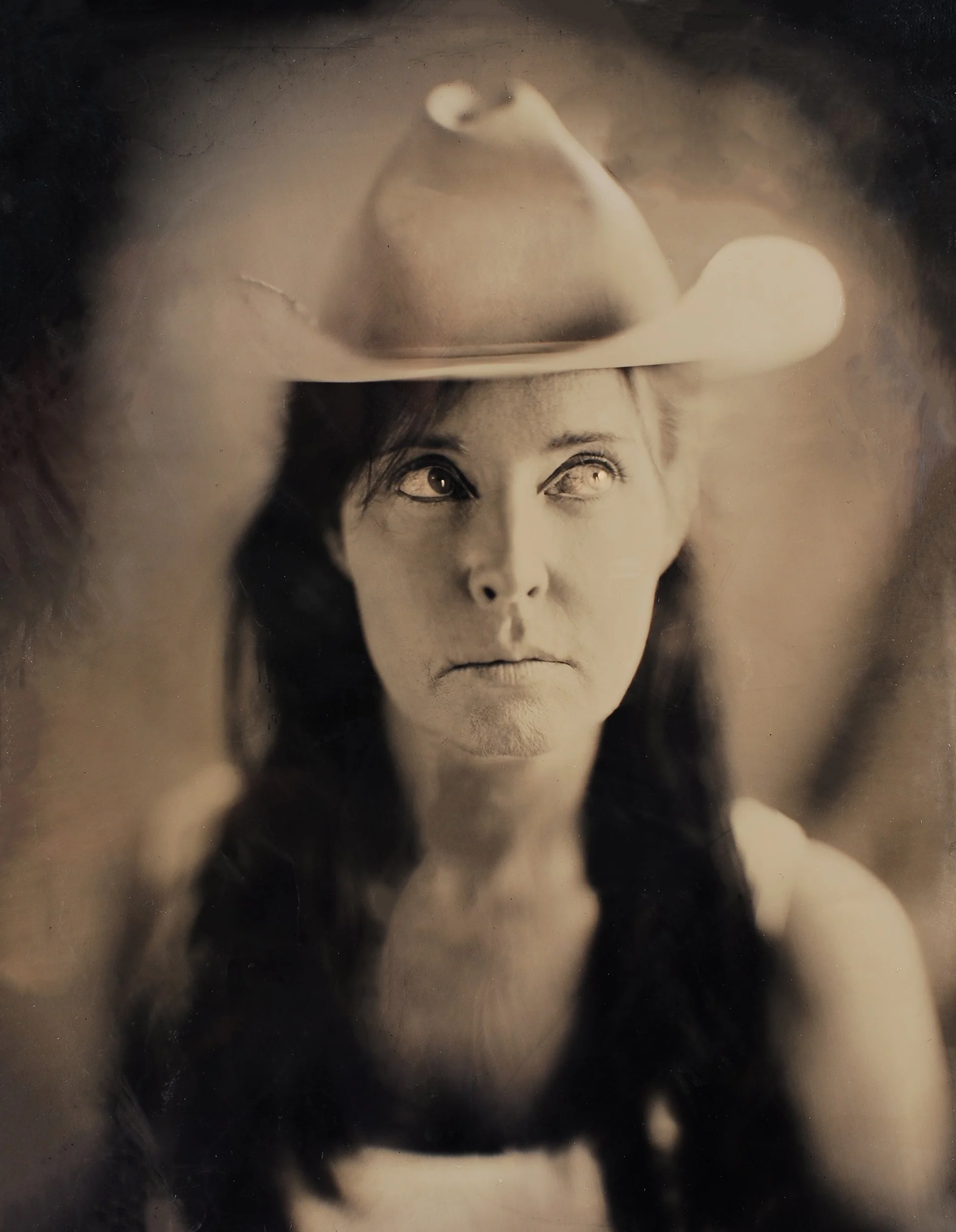Them: “Quinn, what are you talking about? I don’t think about death. I’m not afraid of it.”
You: That’s a bold claim. But let me ask—what do you think happens when you die?
Them: I don’t know. I guess nothing. You just stop existing.
You: And imagining that—your body gone, your projects unfinished, your name forgotten, your consciousness erased—doesn’t stir anything in you? No unease at all?
Them: Not really. I don’t think so.
You: That’s fascinating, because Becker would say that’s exactly how denial works. The fear doesn’t disappear—it sinks below awareness. And then culture steps in with buffers: religion, family, nation, career, personal projects, lifestyle, and even the idea that progress or legacy will carry you forward. You’re protected from having to feel the dread directly.
Them: Maybe. But I still don’t feel afraid.
You: And yet you live inside projects of meaning every day—your work, your relationships, the things you deeply care about, and your hopes for the future. Why do those matter if death doesn’t? Becker would say they matter because of death—because without them, the nothingness is unbearable. So I must question: does your confidence truly embody fearlessness, or is it the most potent form of denial—one so subtle that it remains invisible to you?

